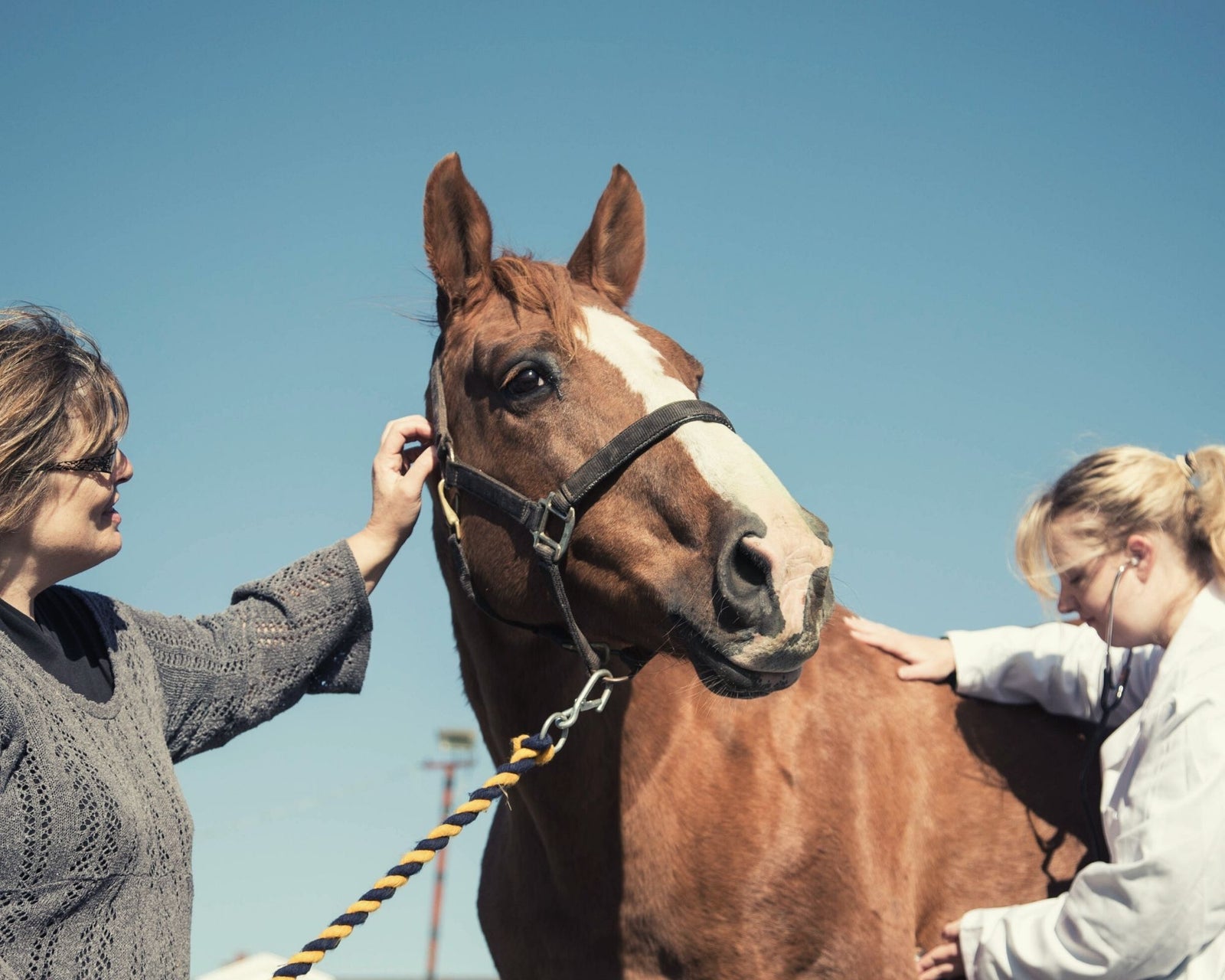Equine Protozoal Myeloencephalitis, known more commonly as EPM, is a progressive and degenerative neurological disease. It is contracted from water and feedstuffs that are contaminated with the feces of infected opossums. In most cases the horse’s immune system combats the protozoa and the horse remains healthy. However, a horse becomes infected if the protozoa is able to cross the blood-brain barrier. Once the protozoa crosses the blood-brain barrier it attacks the central nervous system, creating a number of symptoms.
Symptoms Associated with EPM:
- Lameness
- Stumbling/incoordination
- Gait abnormalities
- Weight Loss
- Sensory loss
- Head Tilting
- Seizures
- Difficulty Swallowing
- Abnormal breathing
If left undertreated, the protozoa will keep attacking the central nervous system and usually eventually becomes lethal to the horse.
There are a number of tests to diagnose EPM.
A Few Common EPM Tests Used
Traditional Western Blot Analysis- Detects the presence of one of the protozoa in the cerebrospinal fluid and serum that cause EPM. However, can’t determine the status of the infection and doesn’t reveal the concentration of protozoa
- Search for the DNA of the protozoa to confirm the presence of the protozoa. However, can’t determine the status of the infection, and doesn’t reveal the concentration of protozoa
- Detects the presence of the protozoa, determines the concentration, and tells if the infection is active
Once your veterinarian determines that your horse has EPM, they can prescribe antiprotozoal drugs. While most horses will return to normal functionand can even resume their performance careers, others that have more extensive damage may still express neurological symptoms.
Nutritional support is often times recommended as well. Vitamin E can help horses with EPM recover. Vitamin E is crucial for nerve function in the body, serves as an antioxidant, and increases immune function. Recommendations for supplementation with vitamin E for EPM range from 5,000-10,000 IU of vitamin E. Horse Guard’s Eas-E Guard provides 1,000 IU of natural vitamin E per scoop. With 100% natural vitamin E, it allows you to cater to your horse’s own needs. So, you could feed Trifecta, which provides 1,500 IU of vitamin E per 8 ounces, and add 3 ½ scoops of Eas-E guard to reach the recommended 5,000 IU of vitamin E for a horse with EPM.
Steps for Preventing EPM
Prevention also can be very helpful in possibly preventing infection the first place. Feeding in a feeder that is off the ground can help reduce contamination, as well as providing fresh, clean water that deters wild animals from drinking out of the best option. Proper storage of feedstuff in closed bins or critter proof areas will help decrease the risk of animal contaminants. Finally, providing a great vitamin-mineral supplement, such as Horse Guard or Trifecta, will help to optimize the immune system with antioxidants such as selenium and vitamin E. By optimizing immunity in the body, we help lower the chance of the protozoa reaching the blood-brain barrier. Nutrition is the basis to health. Providing nutritional supplements helps to create happy, healthy, high performance horses!






Jp
July 16, 2021
Did a blood test for EPM , came back test came back positive at : 500 ( Low )
best way to treat this ?